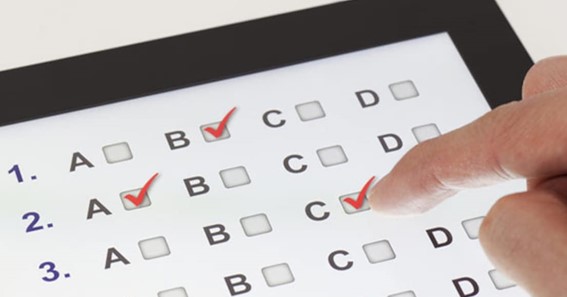The National Eligibility Test is conducted by the National Testing Agency on behalf of the University Grants Commission twice a year to select eligible candidates for the post of Assistant Professor or Junior Research Fellowship or both.
Based on the aggregate performance in Paper-1 and Paper-2, candidates will be awarded Junior Research Fellowship or will be considered for Assistant Professorship. Remember, candidates selected only for Assistant Professorship will not be eligible for Junior Research Fellowship.To qualify the exam, it is important that you know the UGC NET Syllabus so that you can plan the time table to prepare for it.
click here – Individual Savings Account for your investments
Separate cutoff marks are declared for Assistant Professor and JRF. As per statistics, only the top 6% of candidates are selected for JRF and Assistant Professorship, making it one of the toughest exams in India. So a candidate must score high in both Paper 1 and Paper 2.
When to start preparation for UGC NET
Candidates applying for UGC NET exam must start their preparation at least 6 to 7 months in advance like, if you are appearing for the June session, you must start your preparation from December onwards. The UGC NET exam is conducted in two sessions.
First Session: Paper 1
In this paper, objective multiple type questions will be asked consisting of 50 questions which are divided in 10 sections given below:
- Teaching Aptitude
- Research Aptitude
- Reading Comprehension
- Communication
- Reasoning
- Logical Reasoning
- Data Interpretations
- Information & Communication Technology
- People & Environment
- Higher Education System
Second Session: Paper 2
The Paper 2 consists of 100 multiple choice questions, which are asked from subjects chosen by the candidates. There are a total 81 subjects out of which a candidate has to opt for any one subject based on his or her preference.
As you can see, the examination pattern of UGC NET is tough, and the syllabus is vast. You must start your preparation well in advance so that you can finish it on time. Here we have given some useful tips which will help you prepare well for this examination:
click here – Aircraft Loans are on The Rise as More People Wish To Fly Private
Strategy to cover UGC NET syllabus on time
- Know your syllabus: Candidates are advised to read the syllabus of both Paper 1 and Paper 2 thoroughly before starting your preparation, as it will help you collect resources and relevant study materials. It is advised to understand the syllabus properly and then prepare accordingly.
- Start your preparation by covering Paper 2 first: Although both the papers have equal importance in the examination, start your preparation with Paper 2 first as the syllabus of this is quite vast. As the subject chosen by you will be relevant to your Master’s degree, it will be easier to finish the syllabus.
- Solve previous-year papers –This is the most important part of preparation. Analyse previous-year question papers properly, as these will help you understand the types of questions being asked, and the topics repeated frequently. Attempt at least the previous 10 years’ question papers.
- Prepare notes – During the exam preparation time, candidates should regularly prepare notes on all essential and difficult topics. Writing notes also helps in remembering things easily. These short notes will help in revising everything that you have studied before in a short time.
- Attempt mock test – To enhance the preparation level, candidates must attempt mock tests, which are available online. Click here to join BYJU’s Exam Prep. Take an online mock test for UGC NET. With the help of mock tests, candidates will get to know about the pattern of the exam. Also, candidates will get to know about the details of the CBT(Computer Based Test) exam and ways to take the exam. Try to solve as many mock test papers as you can, which will help you improve speed, time and accuracy.
Each aspirant must give equal time and importance to both Paper 1 and Paper 2. UGC NET Paper I is common for all, while Paper 2 is subject-specific. One can choose a subject relevant to his/her master’s degree.
